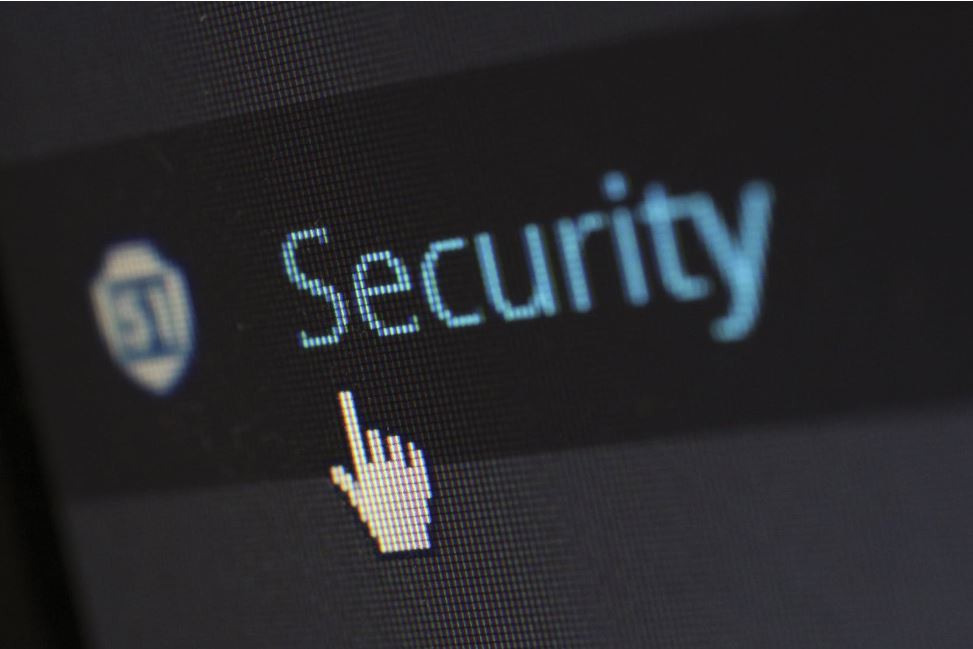Nowadays, we are living in a technological world where a whole host of our lives are carried out online. This is brilliant in terms of convenience and accessibility. We can purchase products in a matter of seconds, we can connect with our loved ones through social media, and we have access to all sorts of information through news sites, blogs, and vlogs. But when we spend time online, we’re bound to input all sorts of information to access these services. We input card details and our delivery address when buying products and wares. We sign up to social media sites with our email addresses and input all sorts of personal information to complete our profiles, such as birth dates, place of study, and place of work. So, it’s not all too surprising that we should be extremely vigilant when it comes to protecting our personal information and data. Here are just a few steps that you should take to secure these things!
Monitoring the Dark Web
The dark web is something that the majority of us would actively avoid. It is part of the world wide web that can only be accessed through special software that allows all individuals using the dark web to remain anonymous, unidentifiable, and untraceable. As you can imagine, individuals with a staunch concern about not letting any authorities see what they are doing or preventing authorities from linking them with their activities are probably up to no good. The dark web is a prime location for criminal activity to be carried out and alongside various other problematic things going on in its depths, you may find individuals selling on others’ identities. So, how can you monitor the dark web without having to delve into its questionable depths yourself? Well, you can find out if your information is currently being sold on the Dark Web through independent companies who offer personalized cyber risk intelligence. They will monitor your social security number, email addresses, bank account numbers, medical identification numbers, and your passport number. They can also monitor phone numbers, drivers license numbers, your credit or debit cards, retail or membership cards, and social network accounts. In short, they have pretty much every saleable area of your identity checked.
Monitoring What You Post on Social Media
Social media encourages us to share our private lives with the world. We let others see how we look, what we like to wear, where we like to spend time, and who we are friends with. But you need to create a sensible boundary between what we can post and what we shouldn’t. Endless people have made the mistake of posting pictures on social media that contain their credit or debit card in shot with numbers in full view. People could easily note these details down and use them to their advantage. So, be sensible and check that any picture you post is free of such personal information.
These are just a couple of different ways to secure your personal information and data online. They are simple to carry out and can save you a whole lot of financial loss down the line!



Recent Comments